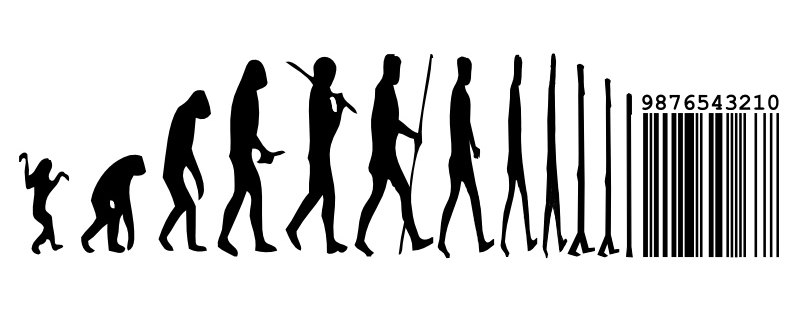#OccupyWallStreet (TM)

If it existed, I would imagine that official Occupy Wall Street merchandise would be the new I <3 NY – at least for a while. Everyone would have to have a t-shirt or a mug – the protesters, tourists and the people who stand in solidarity with the protesters because it’s always trendy to be anti-establishment. But doesn’t it seem strange that someone would be able to profit off of a movement started because of unfair moneymaking games?
Some people have sold merchandise online for the purpose of raising money for the movement. But one Long Island couple paid almost $1,000 to file a trademark application with the U.S. Patent and Trademark Office last week for the phrase “Occupy Wall St” for their own business purposes. Additionally, Fer-Eng Investments, LCC filed an application with the USPTO for Occupy Wall Street phrases. Fer-Eng trade is a sort of shell corporation for Vincent Ferraro, current VP for Kodak and former VP for Hewlett-Packard. (Most certainly part of the 1 percent) The couple, the Marescas, consider themselves to be part of the 99 percent, but wanting to use the protest as a (probably successful) business model is fishy.
The question is: should someone be able to trademark a movement or it’s catchphrase? Technically, you can. Twitter recently trademarked the word “tweet.” (Birds of the world, beware. You might get sued for trademark infringement sometime soon.) At the end of the day, though, I doubt anyone will feel seriously slighted because they can’t use “tweet” for promotional purposes – probably because it was implanted in their vocabulary by Twitter, a company. This “Occupy Wall St” phrase feels a bit different because it came to existence through a grassroots movement. It is almost as if the phrase belongs to the people.
Similarly, various forms of “Never Forget,” “Support the Troops,” “Let’s Roll” and other 9/11-related catchphrases are trademarked. To me, it seems peculiar that anyone would want to capitalize on one of the most horrendous tragedies that has occurred on American soil. I’m sure some Occupiers would say that major corporations and banks have committed tragedies against the 99 percent, but still this movement does not really belong to the whole country – not even 99 percent of it. So should someone be able to make a profit off of the movement despite the fact that it is rooted in financial disparity?
On the one hand, the Marescas couple could accomplish some of Occupy Wall Street’s goals. The Marescas argue that their intentions are in line with those of the protesters because they are struggling to make ends meet, and they have similar political sentiments. Richard Maresca used to be a union worker, but is now a stay at home dad of three children because he suffered a stroke and sustained work-related injuries nine years ago. One of the protesters’ arguments is that under the current model of corporate capitalism, small businesses are unable to be successful. If the Marescas get their trademark and are able to build a profitable family-owned business, it will only be made possible by the Occupy Wall Street movement. If the Occupiers protest the Marescas’ business, wouldn’t that be, in some sense, counterproductive?
On the flip side, the Marescas decision to open a business that is somewhat exploitive of the movement can also be considered counterproductive. The Occupiers say the current model of corporate capitalism is too competitive, so the protest is supposed to show solidarity among the entire 99 percent. So if one person decides to make a competition out of the movement, the camaraderie will unravel.
And if Fer-Eng LLC gets the rights to some sort of “Occupy Wall Street” phrase, it would be so ironic that it almost feels expected. It would be an ultimate form of vertical integration – the 1 percent is making a profit off of a problem that they created (well, according to the Occupiers, anyway).
Granted, it will take two to three months for these applications to even be reviewed – and who knows if the protests will even last that long. But still, their intentions send the message that even in a time of solidarity, when people are amassing to fight the powers-at-be (powers which have supposedly suppressed competition), competition is inevitable.
